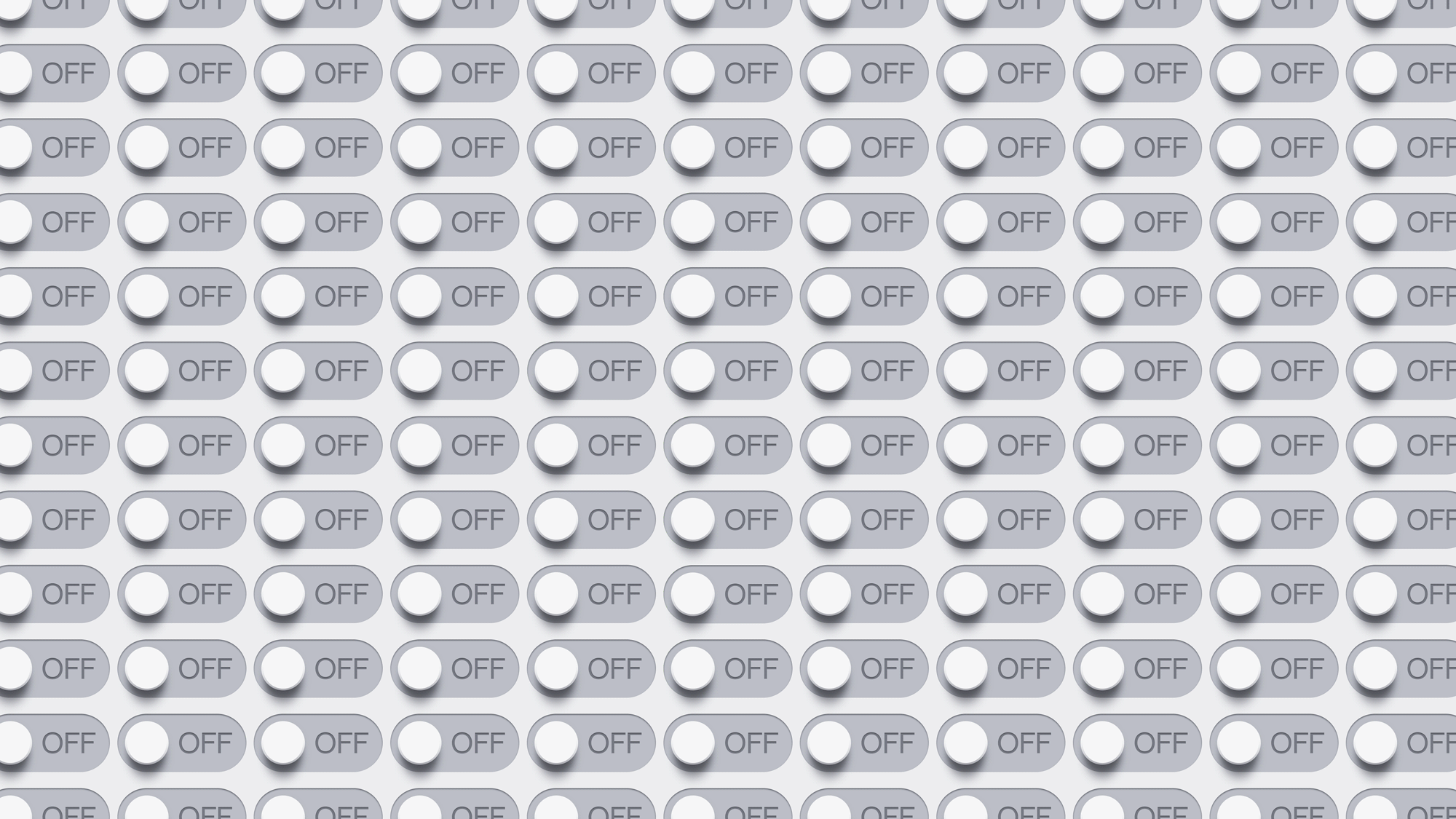Why Christians should worry less about protecting their information and think more about giving it away.

Alexa is my savior.
The digital voice assistant from Amazon hears me shoulder my way into the kitchen back door, arms loaded with bags and keys jangling from a pinkie. “Alexa, turn on the lights!” I command with a little desperation. Thanks, Alexa, I think as the lights blink on and I avoid a stumble with my gallon of milk. I don’t say it aloud—it’s a little crazy to thank your digital assistant, right? Plus there’s that little question of who might be listening.
I don’t actually picture a headphoned FBI operative in a van outside (and I don’t suppose he would care much about my groceries). Yet once the lights are on and our music is playing (“Alexa, play ’90s pop!”), I sometimes wonder. The new presence of digital microphones in our houses—over 20 million sold in 2017—has started a new wave of discomfort about what or who might hear what we say in our living room or kitchen. What more private moments are these microphones capturing?
The year 2013 was a wake-up call for digital privacy. Government surveillance concerns—previously the purview of spy movies and conspiracy theorists—went mainstream after Edward Snowden revealed the National Security Agency was collecting Americans’ data.
While much of the surveillance amounted to an anonymous database of call logs like the kind found on phone bills—not voice recordings—Americans started wondering what else they didn’t know about government eyes and ears.
That same Black Friday, millions stood in line to grab bargains from big-box retailers, unaware that hackers had infiltrated Target’s customer service system and were stealing credit card numbers and other data …
Source: Christianity Today Most Read